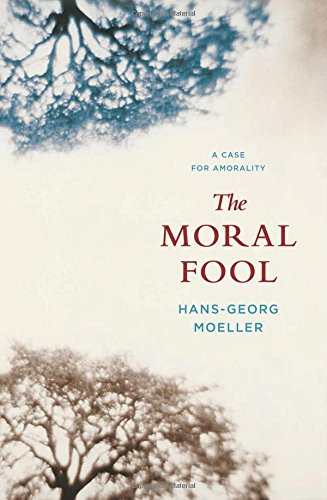

Most ebook files are in PDF format, so you can easily read them using various software such as Foxit Reader or directly on the Google Chrome browser.
Some ebook files are released by publishers in other formats such as .awz, .mobi, .epub, .fb2, etc. You may need to install specific software to read these formats on mobile/PC, such as Calibre.
Please read the tutorial at this link: https://ebookbell.com/faq
We offer FREE conversion to the popular formats you request; however, this may take some time. Therefore, right after payment, please email us, and we will try to provide the service as quickly as possible.
For some exceptional file formats or broken links (if any), please refrain from opening any disputes. Instead, email us first, and we will try to assist within a maximum of 6 hours.
EbookBell Team

5.0
20 reviewsJustice, equality, and righteousness—these are some of our greatest moral convictions. Yet in times of social conflict, morals can become rigid, making religious war, ethnic cleansing, and political purges possible. Morality, therefore, can be viewed as pathology-a rhetorical, psychological, and social tool that is used and abused as a weapon.
An expert on Eastern philosophies and social systems theory, Hans-Georg Moeller questions the perceived goodness of morality and those who claim morality is inherently positive. Critiquing the ethical "fanaticism" of Western moralists, such as Immanuel Kant, Lawrence Kohlberg, John Rawls, and the utilitarians, Moeller points to the absurd fundamentalisms and impracticable prescriptions arising from definitions of good. Instead he advances a theory of "moral foolishness," or moral asceticism, extracted from the "amoral" philosophers of East Asia and such thinkers as Ludwig Wittgenstein and Niklas Luhmann. The moral fool doesn't understand why ethics are necessarily good, and he isn't convinced that the moral perspective is always positive. In this way he is like most people, and Moeller defends this foolishness against ethical pathologies that support the death penalty, just wars, and even Jerry Springer's crude moral theater. Comparing and contrasting the religious philosophies of Christianity, Daoism, and Zen Buddhism, Moeller presents a persuasive argument in favor of amorality.